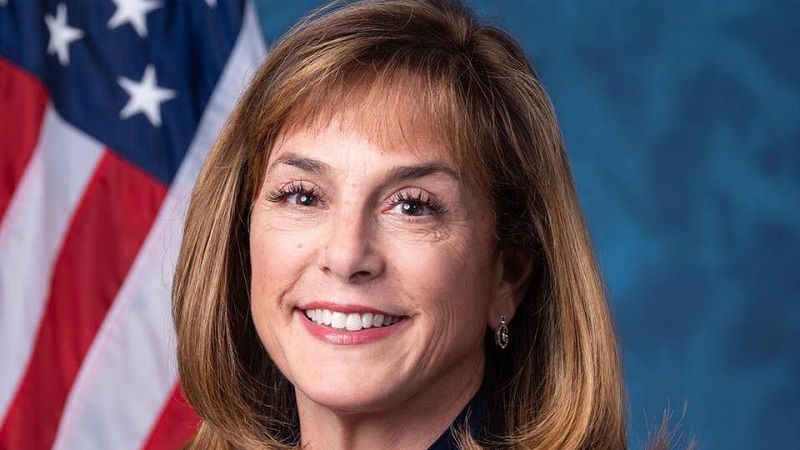U.S. Rep. Lisa McLain of Michigan. | Facebook-Lisa McClain
U.S. Rep. Lisa McLain of Michigan. | Facebook-Lisa McClain
Republicans remain split on the use of earmarks after House Republicans voted to lift its internal, decade-long ban on the practice March 17, according to a press report.
Rep. Lisa McLain (R-Mich.) reluctantly defended the change in policy, arguing that it will give Republicans more direct access to project funding in their districts.
“I do not plan to sign Rep. Chip Roy’s pledge," McClain told Great Lakes Wire. "I would prefer that we didn’t have earmarks at all, but the Democrats brought them back. It wouldn’t be fair for one party to bring money back to their districts, and the other party abandons their constituents at the whim of the administration. I look forward to reviewing the requests and submitting proposals that will benefit my district.”
House Minority Leader Kevin McCarthy (R-Calif.) shared this sentiment.
"There's a real concern about the [Biden] administration directing where the money goes," he told the Washington Examiner. "This doesn't add one more dollar. I think members here know what's most important about what's going on in their district, not Biden. I think members want to have a say in their own district."
The change comes after a revamped version of earmarks that include new transparency measures was reinstituted by Democrats last month. In response to these measures, Roy (R-Texas) and 17 of his Republican colleagues issued an open letter to House Speaker Nancy Pelosi (D-Calif.) pledging to not request earmark funds.
“Make no mistake; these will be used as currency for votes as Democratic leadership buys off moderates who do not support their party’s radical policy agenda,” Roy said, as reported by The Hill. "This chamber has already made it clear that it is no longer the 'People’s House' in any true sense, but consolidating even more power in party leadership would be another institutional embarrassment on a list that’s already too long.”
Much of the frustration from conservatives stems the recent measure, which was passed 102 to 84, and follows years of bipartisan support against the use of earmarks.
Former President Barack Obama campaigned against earmarks in 2008, In 2018, then-President Donald Trump suggested that Congress should "think about going back to a form of earmarks."






 Alerts Sign-up
Alerts Sign-up